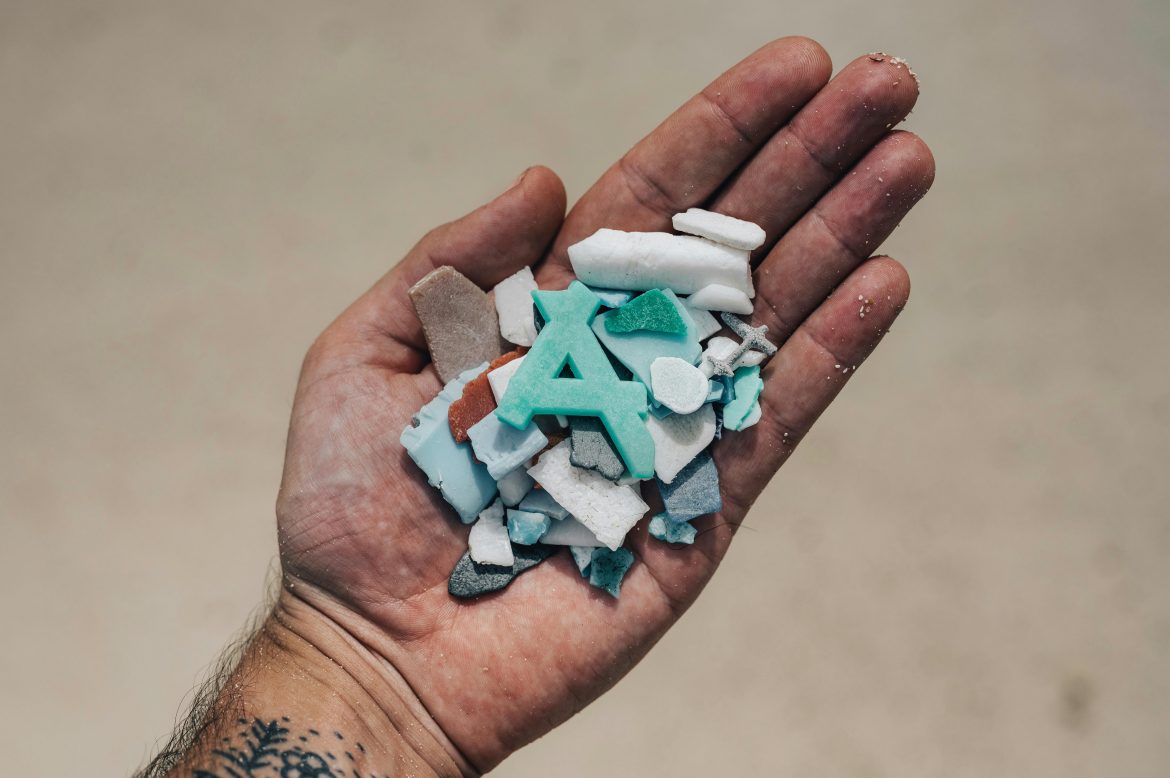Want to support your health and the planet? Learn practical ways to reduce your intake of microplastics through everyday lifestyle choices.
Microplastics have made their way into our food, water and bodies, and scientists are concerned. These small plastic particles may affect our health in subtle but serious ways. We may not be able to solve the plastic pollution crisis (yet), but we can reduce our exposure to microplastics, starting with what’s on our plate.
ALSO READ: How fast fashion is harmful to our planet
Reduce packaging, Choose Fresh
Packaged and processed foods contain higher levels of microplastics so an option is to buy fresh produce and shop from local markets when possible. Not only will you be making better food choices, you’ll be supporting sustainable food systems. Microplastics also leach into foods from containers, films and coatings so avoid microwaving meals in plastic containers.
Use a water filter
A water filter is an all-round good idea because it not only removes microplastics but also lead, chlorine and bacteria. Take the time to look for the highest quality water filter designed to remove microplastics, or switch to glass-bottled spring water if you’re able.
Apply caution with seafood
Studies showed microplastic contamination in 99% of seafood – small fish and shellfish often ingest these particles directly. Limit your intake or make sure to consume seafood that’s been sustainably farmed and tested.
Smart Storage
To avoid storing food in plastic containers or clingfilm, rather go for glass, stainless steel or silicone. Also avoid heating food in plastic, which can release harmful particles.
Wholefoods is best
Wholefoods generally require way less processing and packaging. You’ll also be getting a diet rich in fruits and vegetables, legumes and grains, reducing the chance of ingesting plastic from packaging or additives.
The takeaway
Microplastics are so ubiquitous that it’s impossible to get away from it completely. But you can make small, mindful changes to reduce its intake. By making tiny adjustments to how you shop, your food choices and how you live your life, you support your well-being and take control of your health. Every act makes a difference.
ALSO READ:

